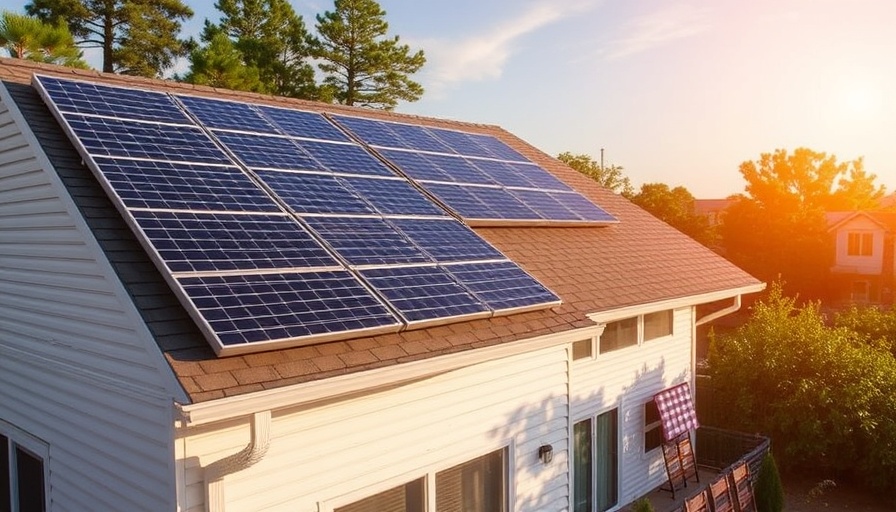
Understanding Solar Energy Costs
Many homeowners invest in solar panels with the expectation of drastically reducing their energy bills. However, it's not uncommon for some to find themselves still paying significant amounts on their electricity bills, as highlighted in a recent discussion on Reddit. A homeowner revealed they were still paying a $269 FPL (Florida Power & Light) bill despite having solar panels installed. This situation raises an essential question: Why are solar power users still incurring high energy costs?
The Complexities of Solar Energy Savings
The first factor that affects solar energy savings is the initial setup cost of solar panels. Many homeowners have reported that the installation of solar systems can be quite expensive, sometimes taking years to recoup through energy savings. It's also important to note that the energy output from solar panels can vary significantly based on geographic location, the orientation of the panels, and the time of the year. For instance, homes in sunnier climates typically generate more energy than those in areas that receive less sunlight.
Understanding Utility Rates
Another reason why homeowners might still see hefty utility bills is due to the way utility companies charge for energy usage. In places like Florida, many residents are on tiered billing systems where the cost per kilowatt-hour increases after a certain usage level. This means that despite generating some of your electricity, depending on your consumption patterns, you may still be charged at a higher rate for any energy you draw from the grid. For homeowners with high energy consumption, the savings from solar can sometimes be offset by these tiered rates.
Net Metering and Its Impact
Net metering is a critical component of solar energy systems that allows homeowners to get credited for the electricity they send back to the grid. However, not all regions have favorable net metering policies, which can affect overall savings. If a homeowner is in an area where net metering is less attractive, they might find that the credits they receive do not adequately offset their consumption, leading to continued bills from their utility provider.
Potential Solutions to Reduce Energy Bills
So, what can homeowners do to alleviate their energy costs? One solution is to audit their energy use. By evaluating energy consumption, homeowners can identify areas where they can reduce usage or efficiency improvements that can lower bills. Additionally, investing in energy-efficient appliances and better insulation can make a significant difference.
Broader Implications on Sustainable Energy
These challenges point to the broader implications of solar energy in the market today. While solar panels can contribute to sustainability by reducing reliance on fossil fuels, the financial motivations must be balanced against practical realities. Homeowners should understand that solar energy isn't a magic bullet for getting rid of electricity bills entirely, but rather part of a larger strategy aimed at energy efficiency and environmental responsibility.
Conclusion: Empowering Homeowners Through Education
It's crucial for homeowners considering solar panels to be fully educated about the potential costs and savings involved. As the energy landscape is continually evolving, staying informed about utility rates, net metering, and ongoing energy-efficient upgrades is essential. By understanding these complexities, homeowners can optimize their solar investments more effectively, enhancing both their financial savings and their contribution to sustainability.
 Add Row
Add Row  Add
Add 



Write A Comment